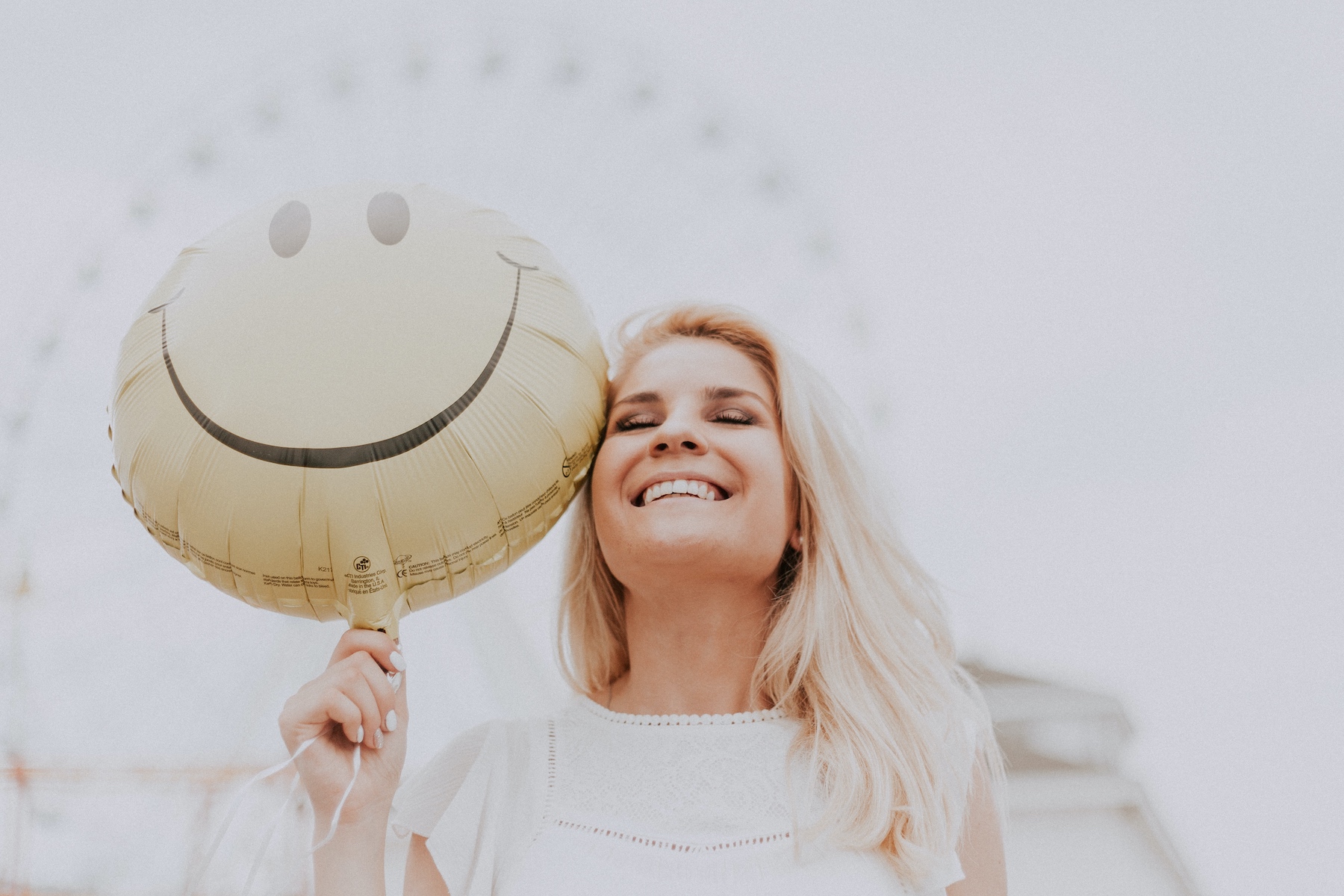There I was, driving on a deserted highway, which is typically bumper to bumper with vehicles on their daily commutes, fighting to get to their destinations. But not today. The roads were strangely quiet, almost no traffic at all. On some level, it was comforting to know people were trying to keep busy at home during this time of isolation and quarantine. Although, I wondered what they were doing and why. My outings over the past few weeks have been so rare that most days, I forget what day it is.
Today, however, my intention for leaving the comfort and safety of my home was to support a small local business. My destination was a local coffee shop. I love their coffee, also their croissants, and I desperately wanted to indulge in a simple life pleasure for a few moments. Why? Because I knew this pure indulgence would bring a smile to my face. Was it temporary? Yes, it was a fleeting pleasure. However, I intentionally planned this outing and knew that once my coffee was gone, I would be off to the next task or item on the agenda for the day, which was back home, in isolation, and back to my computer. But this is how life works. These small glimpses of pleasure can bring moments of joy and happiness, which during normal times is essential, and even more important now, during a world pandemic.
How can we have more happiness among a world of uncertainty and chaos? Intentionally plan for happiness. There are many things out of our control right now; however, the most critical asset that we have is the most important thing we can control, and that is our brain. Our thoughts. If we want to create joy and happiness, we must be intentional.
- Be intentional about making time for one simple thing each day that brings you joy. Each day we have choices, not only in what we do but how we think. In the book, MINDFULNESS by Ellen J. Langer, she talks about how we have evolved into a society that wanders around with mindless actions. This statement rings incredibly true and it also saddens me. To reduce this state of mindLESSness, we must be mindFULL. Just like my trip to the coffee shop. I intentionally planned my entire day around this trip so I could enjoy a delicious fresh pour-over and homemade croissant. These things bring me joy. They make me smile. They were an intentional trip planned carefully and thought about for several days. Not only did I want to support a local business, but I also wanted to give this gift to myself. It was a mindful decision.
- Stop and think, then respond. Don’t react. Similar to the stop, drop, and roll fire drill we used to do in school, we need to have a stop, breath, and think drill before responding. I know during a typical day when I get frustrated with people (my children, for example), it can be all too easy to fly off the handle and react without thinking about what I’m saying or doing. This is great advice for our average stressful days, and is all the more imperative during a global pandemic that has everyone on edge. This pandemic creates many new sets of circumstances and stress levels that no one can adequately prepare themselves for. A quote by Viktor Frankl sums up best why it’s crucial to display mindfulness. He states, “Between stimulus and response, there is a space. In that space is our power to choose our response. In our response lies our growth and our freedom.” We often react to situations without thinking. But why? Partly because we’re trained to react mindlessly. This moment of space or pause in between a situation and when we respond lies our power. What power are you giving to actions? Are you reacting or responding? A planned response leads to a calmer conversation, fewer feelings of guilt afterward, and a more productive outcome. And yes, more happiness and joy.
- Intentionally unplug. Take a break and do an activity that requires no real ability to think, or better yet, take a nap. Not thinking at all might sound counterintuitive to intentionally being mindful. But if we want to build the muscles in our brains to learn to control our responses, then giving our minds a break will help. Giving our brains a break will also allow it time to go into creative mode rather than a reactive mode. Have you ever heard of the phrase “sleep on it”? There’s a good reason. Because, according to science, giving your brain a break can trigger its ability to relax and problem-solve, or to relax enough to reduce its stress hormones and produce a few more feel-good hormones.
Whether you intentionally drive to your favorite coffee shop or intentionally schedule a walk or a nap, just stop and think a little more about your thoughts and actions. It may help make you a little happier. Three ways intention can be your happiness superpower to thrive in stressful and uncertain times.


